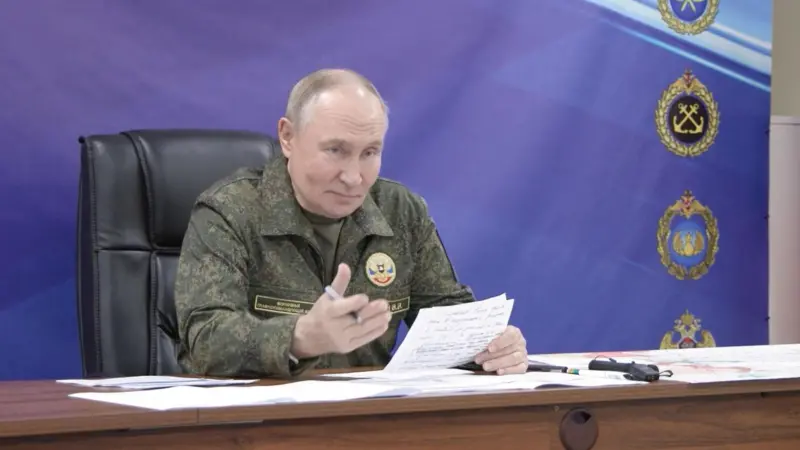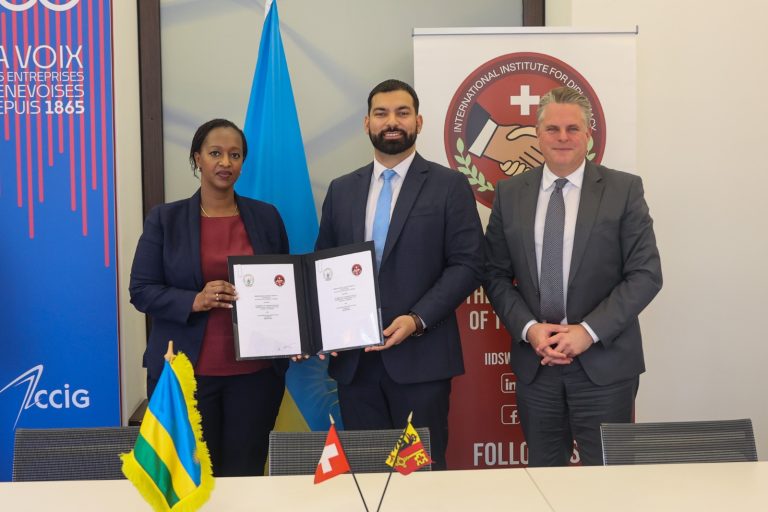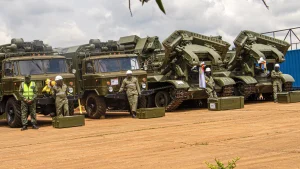Russia has announced that it successfully tested a nuclear-powered cruise missile capable of traveling faster than the speed of sound, signaling a significant advancement in its strategic weapons program.
The test, confirmed by General Valery Gerasimov, Chief of the Russian General Staff, reportedly saw the missile travel 14,000 kilometers, though officials noted that this was not the system’s maximum range. “The missile has demonstrated extraordinary performance in both altitude and trajectory, in line with our expectations,” Gerasimov told President Vladimir Putin during a televised briefing.
First unveiled in 2018, the missile known as Burevestnik is designed to evade traditional air defense systems and has the theoretical ability to strike targets anywhere on the globe. It employs a nuclear-powered propulsion system, giving it potentially unlimited range, but raising concerns about safety and reliability.
While Russian media hailed the test as a milestone, Western analysts have remained skeptical. Experts from Europe and the United States have questioned the missile’s operational viability, pointing to past test failures and the technical difficulties of sustaining a nuclear-powered engine in flight.
A 2021 report by the U.S. Air Force’s National Air and Space Intelligence Center highlighted the missile’s potential to give Russia a unique global strike capability. However, the International Institute of Strategic Studies (IISS) noted that significant engineering challenges remain, including propulsion stability and safety risks. Previous test flights reportedly resulted in accidents and fatalities.
According to Russian military sources, the missile is capable of flying at very low altitudes between 50 and 100 meters making it difficult to detect and intercept with conventional air defenses. Satellite imagery analyzed by independent experts in 2024 suggested that Russia is actively constructing multiple launch sites north of Moscow, indicating a concerted effort to operationalize the system.
President Putin has described the missile program as a key component of Russia’s strategic arsenal, emphasizing its ability to counter emerging defense technologies. Despite ongoing debates over reliability, the Burevestnik missile continues to fuel international discussion on the future of hypersonic and nuclear-powered weapons.
Author: Justinmind HARERIMANA















